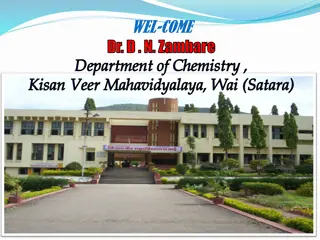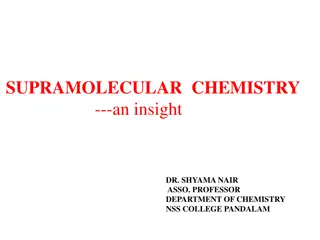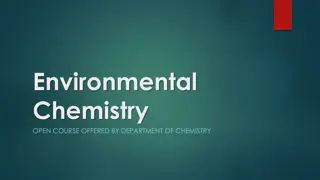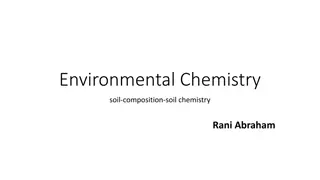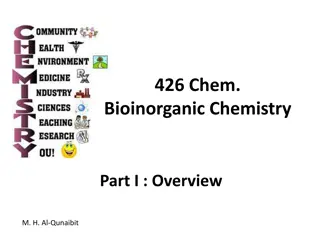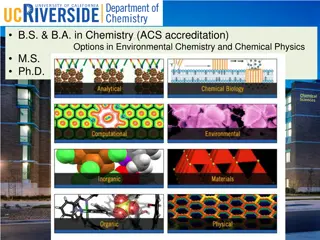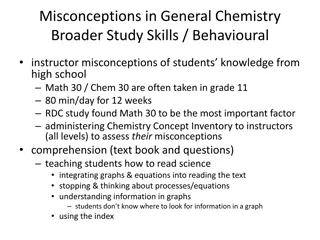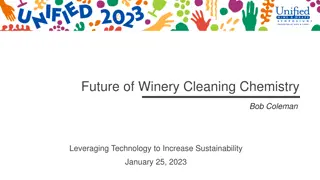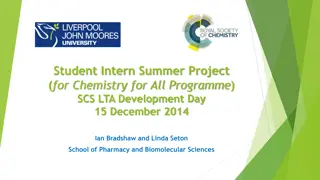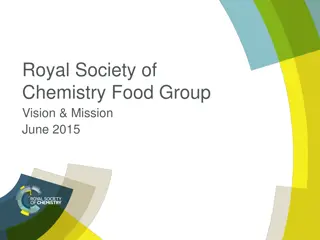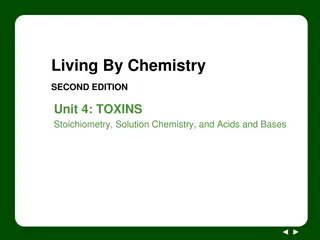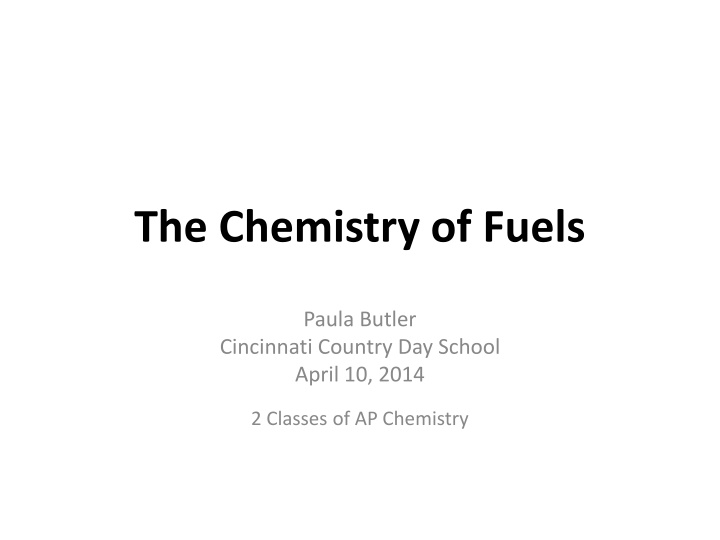
Chemistry of Fuels: Exploring Engine Efficiency and Environmental Impact
Discover the impact of fuel choice on engine efficiency, cost, and the environment through a project focused on organic chemistry and combustion engines. Engage in hands-on activities, delve into real-life applications, and propose solutions for a small-town police department's car fleet.
Download Presentation

Please find below an Image/Link to download the presentation.
The content on the website is provided AS IS for your information and personal use only. It may not be sold, licensed, or shared on other websites without obtaining consent from the author. If you encounter any issues during the download, it is possible that the publisher has removed the file from their server.
You are allowed to download the files provided on this website for personal or commercial use, subject to the condition that they are used lawfully. All files are the property of their respective owners.
The content on the website is provided AS IS for your information and personal use only. It may not be sold, licensed, or shared on other websites without obtaining consent from the author.
E N D
Presentation Transcript
The Chemistry of Fuels Paula Butler Cincinnati Country Day School April 10, 2014 2 Classes of AP Chemistry
Big Idea and Essential Question Big idea: Carbon-based Fuels Objectives: Generate essential and guiding questions to clarify challenge Name and sketch organic molecules; identify functional groups Relate chemical structure to volatility of hydrocarbon fuels Identify main parts of a combustion engine; explain operation Research fuel choices and engine types; present final project Essential Question: How does the choice of fuel in a car impact engine efficiency, cost and the environment AP Chemistry Curriculum Framework 2013-14 Big Ideas 2,3, and 5 Physical and chemical properties, structure, and transformations of matter and the accompanying energy changes. Science Practices 2,3,4,5, and 7 -- Engaging in scientific questioning, applying mathematical reasoning, collecting data, evaluation evidence, and connecting concepts across domains.
The Challenge Make a proposal for a small-town police department to purchase the best possible new car for its fleet considering the fuel choice, cost, and environmental impact. Guiding Questions: Does the chemical structure of a fuel affect the way it performs in an engine? How does a car engine work? What does a fuel s octane rating mean? Does replacement of gasoline with ethanol improve gas mileage? Do different fuels have different environmental impact?
ACS Real-life applications: car/fuel selection and driving Career connections: petroleum and automotive engineering Societal impact: limited fossil fuels, cost of gasoline, pollution, global warming
Student Learning Chemistry of Fuels Project Student Pre-Test vs. Post-Test Results 25 Pre Number of Correct Answers (out of 22 Post 20 15 sttudents) 10 5 0 1 2 3 4 5 6 7 8 9 10 12 13 14 15 Question Number
Activities Big Idea to Guiding Questions Organic Naming Lab Evaporation Engine Day! Go-cart, model airplane engine, Bunsen Burner Challenge Proposal design and presentation
Reflections Very engaging and fun way to learn organic chemistry, nomenclature, and properties. Time was an issue; need to allow at least two more days. Need to incorporate more checkpoints and feedback for students throughout project, not just at the end. Getting to dissect engines and truly understand their mechanics was really amazing! This unit of learning gave more depth and meaning to me. It wasn t just straight from the book it had real world applications. At the gas station, I kind of know what is going on now. Chemistry of fuels taught me how to take in theory and put it into practice, while being careful about boundaries. I want to pursue chemical engineering.

